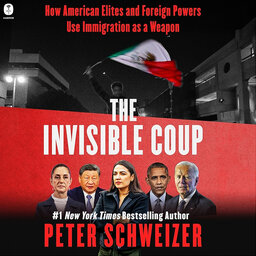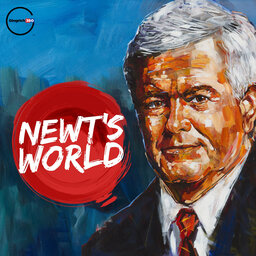Episode 764: “Average Joe” a film about religious liberty
Newt talks with high school football coach and U.S. Marine veteran Joe Kennedy. He shares his journey from a troubled childhood in foster care to a 20-year career in the Marine Corps, and his subsequent battle for religious freedom. Kennedy discusses his commitment to public prayer after football games, which led to his dismissal and a prolonged legal fight that culminated in a U.S. Supreme Court victory affirming his right to pray publicly. He reflects on the personal and community impact of his case, his faith, and the making of the film "Average Joe," which chronicles his story. Buy tickets for “Average Joe” here: https://averagejoemovie.com
In 1 playlist(s)
Newt's World
Join former House Speaker, professor, historian, and futurist Newt Gingrich as he shares his lifetim…Social links
Follow podcast
Recent clips

Episode 948: ‘Moneyball’ for Politics
30:34

Episode 947: Will AI Take My Job
28:22

Episode 946: Peter Schweizer on “The Invisible Coup”
34:50
 Newt's World
Newt's World